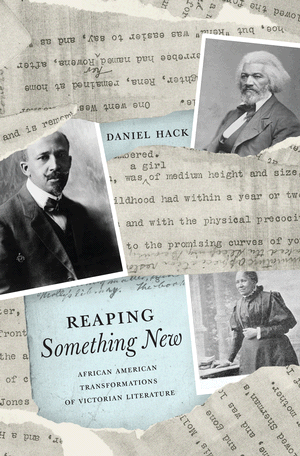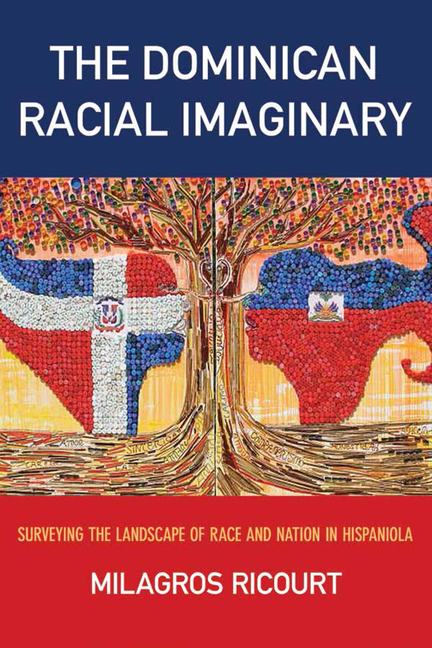Black and British: A Forgotten HistoryPosted in Books, History, Media Archive, Monographs, United Kingdom on 2016-11-19 02:26Z by Steven |
Black and British: A Forgotten History
Pan Macmillan
2016-11-03
624 pages
Hardcover ISBN: 978-1447299738
Ebook ISBN: 978-1447299745
Digital Audio ISBN: 978-1509837113
A vital re-examination of a shared history, published to accompany the landmark BBC Two series.
In Black and British, award-winning historian and broadcaster David Olusoga offers readers a rich and revealing exploration of the extraordinarily long relationship between the British Isles and the people of Africa. Drawing on new genetic and genealogical research, original records, expert testimony and contemporary interviews, Black and British reaches back to Roman Britain, the medieval imagination and Shakespeare’s Othello.
It reveals that behind the South Sea Bubble was Britain’s global slave-trading empire and that much of the great industrial boom of the nineteenth century was built on American slavery. It shows that Black Britons fought at Trafalgar and in the trenches of the First World War. Black British history can be read in stately homes, street names, statues and memorials across Britain and is woven into the cultural and economic histories of the nation.
Unflinching, confronting taboos and revealing hitherto unknown scandals, Olusoga describes how black and white Britons have been intimately entwined for centuries.
When I was a child, growing up on a council estate in the North-East of England, I imbibed enough of the background racial tensions of the late 1970s and 1980s to feel profoundly unwelcome in Britain. My right, not just to regard myself as a British citizen, but even to be in Britain seemed contested. Despite our mother’s careful protection, the tenor of our times seeped through the concrete walls into our home and into my mind and my siblings’. Secretly I harboured fears that as part of the group identified by chanting neo-Nazis, hostile neighbours and even television comedians as ‘them’ we might be sent ‘back’. This, in our case, presumably meant ‘back’ to Nigeria, a country of which I had only infant memories, and a land upon which my youngest siblings had never set foot.
At the zenith of its swaggering confidence, the National Front – the NF – made enough noise and sparked enough debate within Britain to make the idea of sending ‘them’ ‘back’ seem vaguely plausible. The fact that in the 1970s and 1980s reputable, mainstream politicians openly discussed programmes for voluntary assisted repatriation that were aimed exclusively at non-white immigrants demonstrates the extent to which the political aether had been polluted by the politics of hate. In the year of my birth the Conservative Party’s General Election Manifesto contained a pledge to encourage voluntary repatriation of immigrants. Today we seem to have forgotten that Enoch Powell’s prediction of ‘Rivers of Blood’ was followed, many years later, by unsubtle calls for a mechanism to be found that might prevent the black British population from ‘doubling or trebling’. In 1981 Powell suggested that people from the ‘new commonwealth’ might be ‘happier outside of the UK’, and proposed a new British Nationality Act to redefine what British citizenship meant. In my childish fearfulness such discussions translated into a deep but unspoken anxiety that a process might, feasibly, be set in train that could lead to the separation and destruction of my family.
To thousands of younger black and mixed-race Britons who, thankfully, cannot remember those decades, the racism of the 1970s and 1980s and the insecurities it bred in the minds of black people are difficult to imagine or relate to. But they are powerful memories for my generation. I was eight years old when the BBC finally cancelled The Black & White Minstrel Show. I have memories of my mother rushing across our living room to change television channels (in the days before remote controls) to avoid her mixed-race children being confronted by grotesque caricatures of themselves on prime-time television. I was seventeen when the last of the touring blackface minstrel shows finally disappeared, having clung on for a decade performing in fading ballrooms on the decaying piers of Britain’s seaside towns. I grew up in a Britain in which there were pictures of golliwogs on jam jars and golliwog dolls alongside the teddy bears in the toy shop windows. One of the worst moments of my unhappy schooling was when, during the run-up to a 1970s Christmas, we were allowed to bring in our favourite toys. The girl who innocently brought her golliwog doll into our classroom plunged me into a day of humiliation and pain that I still find hard to recall, decades later. When, in recent years, I have been assured that such dolls, and the words ‘golliwog’ and ‘wog’, are in fact harmless and that opposition to them is a symptom of rampant political correctness, I recall another incident. It is difficult to regard a word as benign when it has been scrawled onto a note, wrapped around a brick and thrown through one’s living-room window in the dead of night, as happened to my family when I was a boy of fourteen. That scribbled note reiterated the demand that me and my siblings be sent ‘back’…
Read the entire Preface here.








